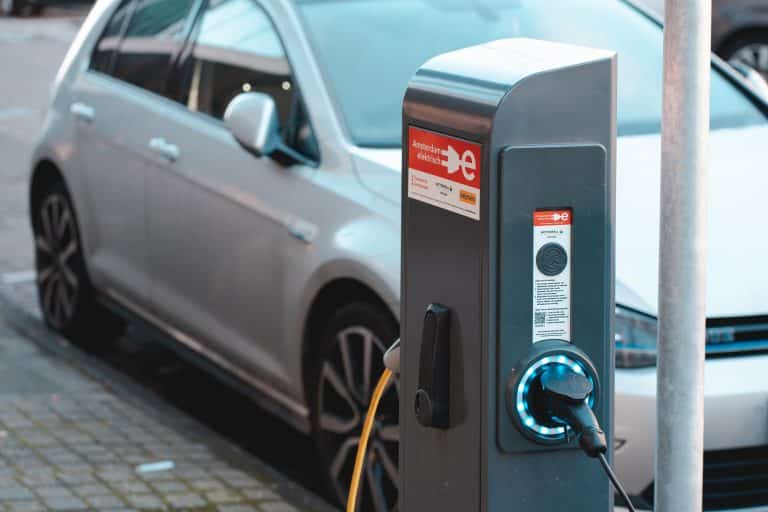Elon Musk said on Wednesday that Tesla will employ iron-based batteries in all of its basic Model 3 and Model Y vehicles around the world.
Updated financial information from Tesla was included in the company’s third-quarter earnings release, and it corroborated indications that Tesla CEO Elon Musk has been dropping for months about the cheaper battery chemistry’s increasing importance in the company’s product line-up.
Lithium-iron-phosphate (LFP) batteries are a kind of battery chemistry that is older and less expensive. They are particularly popular in China. Outside of China, most electric vehicle batteries are nickel-based and are either nickel-manganese-cobalt or nickel-cobalt-aluminum in composition.
However, despite the cost reductions, LFP battery cells are appealing because they are not reliant on rare raw elements such as cobalt and nickel, which are in short supply. It’s worth noting that Tesla CFO Zach Kirkhorn stated during a conference call with investors on Wednesday that the business has seen price impacts on nickel and aluminum.
One of the primary reasons that LFP batteries are not widely used outside of China is due to a number of crucial LFP patents that have allowed the nation to gain a significant amount of market share in the LFP industry.
Tesla officials have stated that the business plans to transfer LFP battery production to the same sites where it makes its vehicles when those patents expire, and it appears that the company has its sights set on that deadline.
According to Drew Baglino, Senior Vice President of Powertrain and Energy Engineering at Tesla, “our aim is to localize all essential elements of the cars on the continent – at the very least on the continent, if not closer, to where the vehicles are built.” “That is our ultimate aim. In order to achieve that aim, we’re collaborating internally with our suppliers, not only at the final assembly level but also as far upstream as feasible.”
As a bonus, the business offered a brief, albeit slightly hedged, update on its 4680 battery pack, which is a unique cell design that the company developed in-house. Tesla claims that the 4680 battery will have a higher energy density and a longer range than the current model. Baglino stated that the 4680 is on pace to be delivered in cars at the beginning of next year, and that structural testing and certification are both proceeding as planned. “This is a novel architecture, and there may still be unknown unknowns,” Baglino cautioned. “While the firm is pleased with the timetable, there may still be unknown unknowns,” he said.
According to him, “from a cell standpoint, we are confident in the design maturity and production readiness, which are in line with the packed schedule I previously indicated.”

